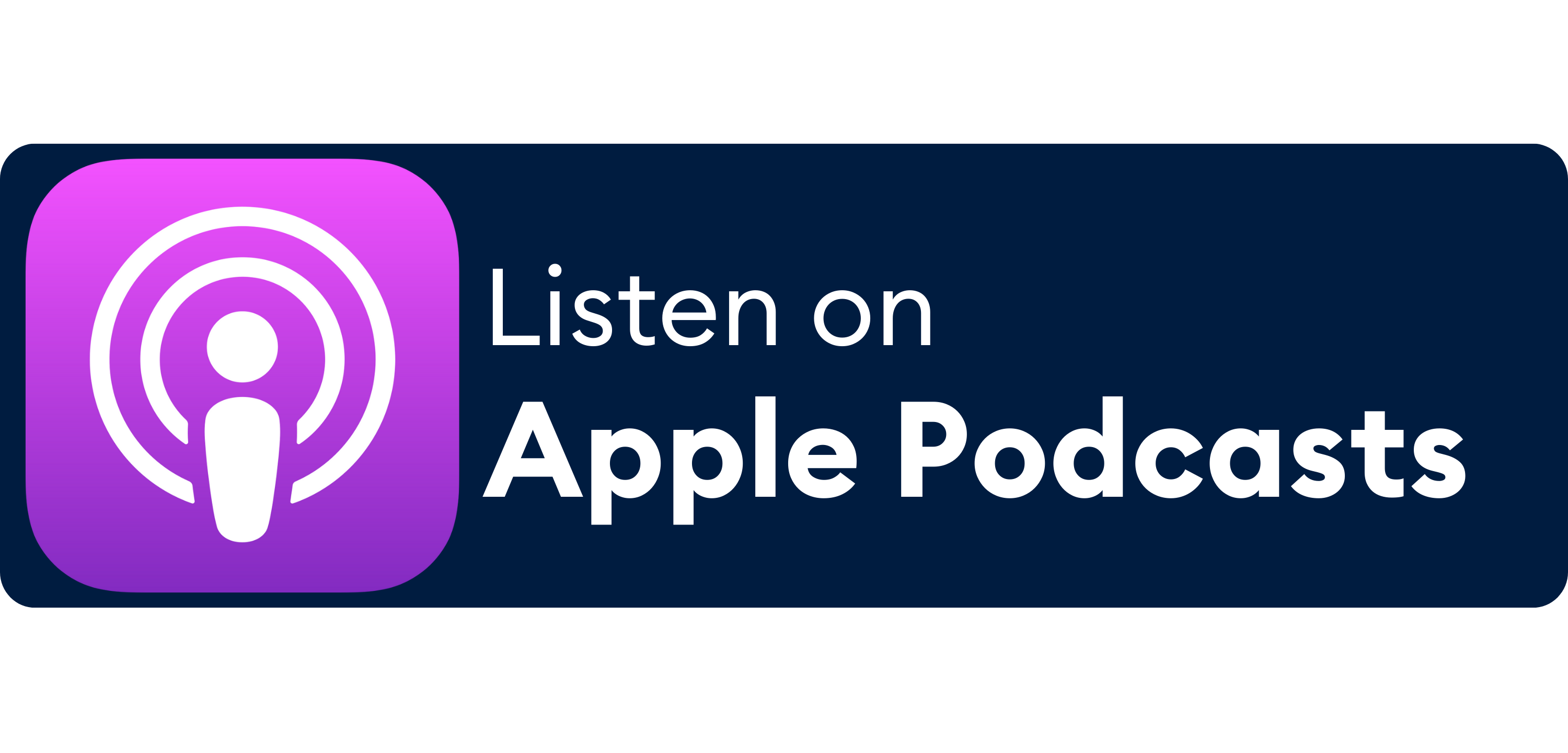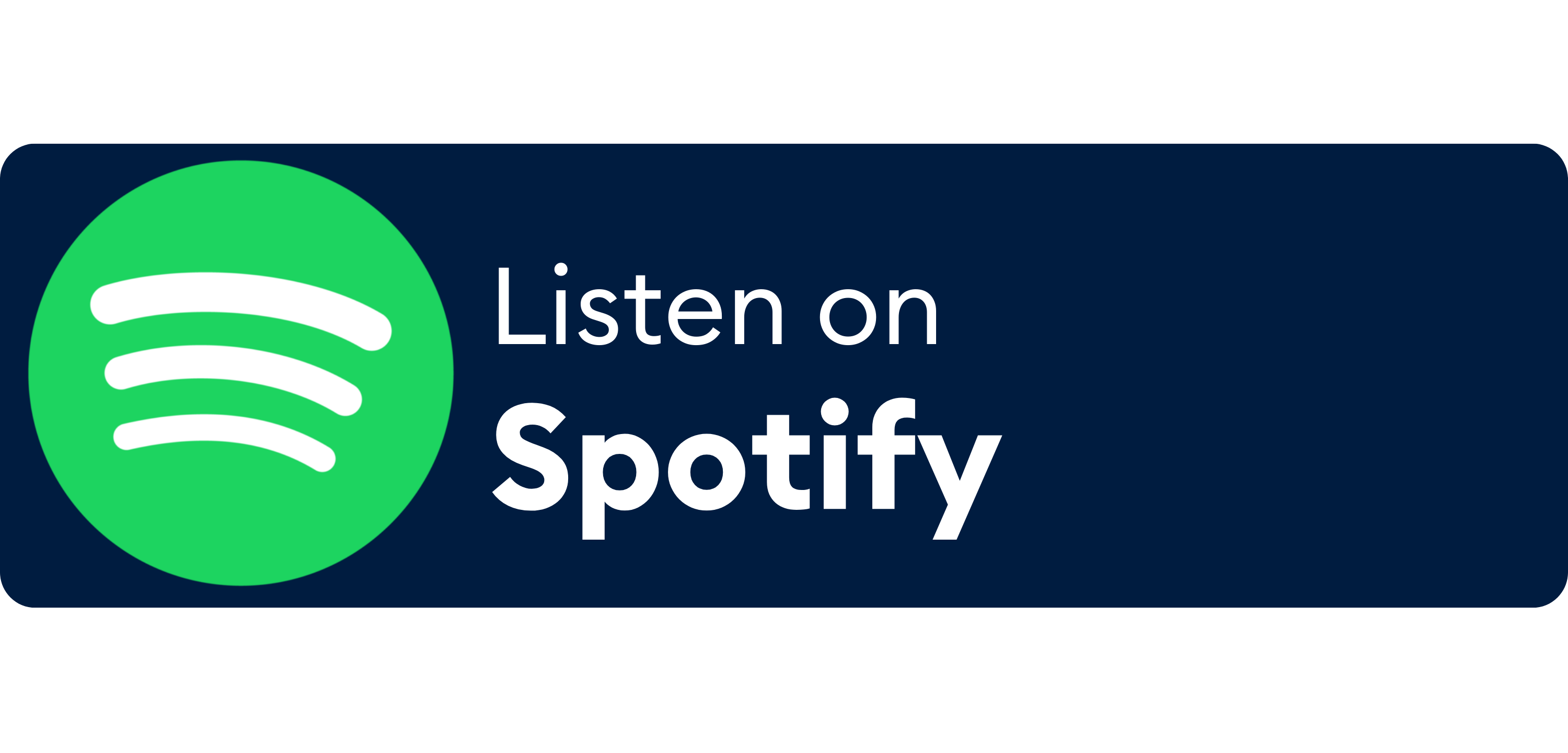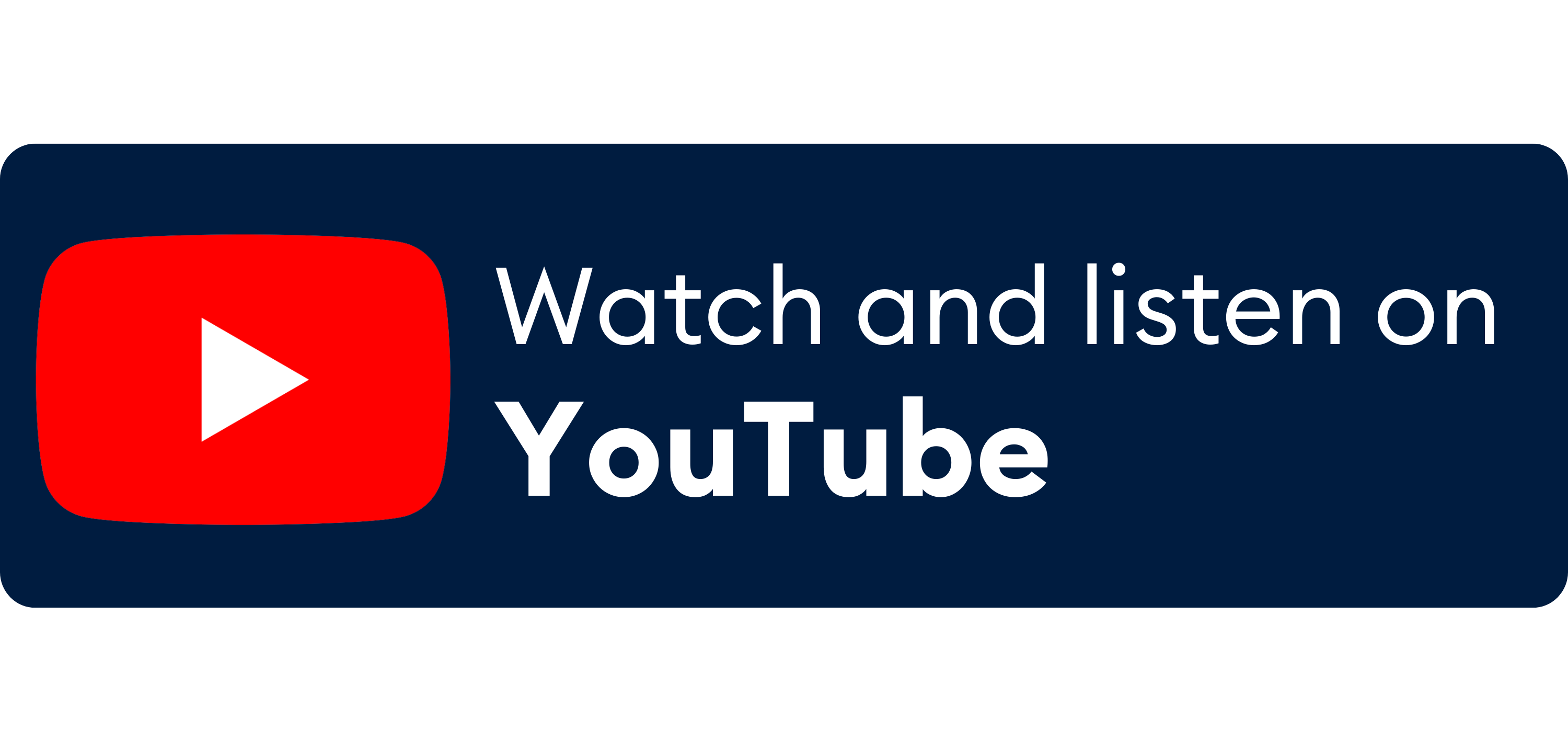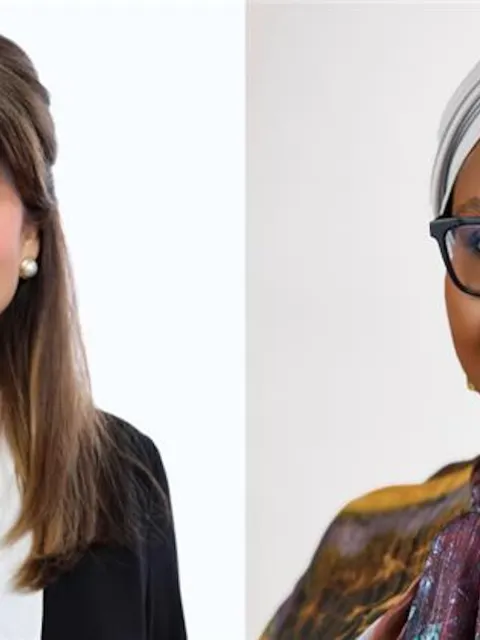Podcast "Let's Talk Cancer": Cancer and conflict zones

In this first podcast of Let's Talk Cancer, Dr Cary Adams speaks to Prof. Richard Sullivan about how cancer patients are impacted by conflict and the challenges of of delivering care in zones of unrest.
Prof. Sullivan speaks about how already vulnerable and at-risk populations, such as cancer patients, are impacted by conflict – particularly in low- and middle-income countries – and the importance of understanding the multiple political dimensions and social dynamics of delivering care in zones of unrest. They discuss in particular lessons learned from past conflicts that can be applied to the current war in Ukraine.
Listen on: Spotify | Stitcher | Apple Podcasts | Amazon Music | Audible | Deezer
Podcast transcript
Cary Adams, CEO of UICC:
Hello. Welcome to the first edition of Let's Talk Cancer by the Union for International Cancer Control. My name is Cary Adams. I'm the CEO of UICC based here in Geneva, which is lovely and sunny today. We hope that you'll join us on topics that are really relevant to the cancer community over the coming weeks and months. But today, we're talking about something which is critical, important in the news every moment you turn on the TV or listen to the radio. And that's how do we address the challenges caused by conflict and particularly for cancer patients and those who serve them and who want to treat them. What happens when a conflict takes place and refugees flee a country? What are the implications on health? Today I talk to Richard Sullivan, Professor of cancer and global health at King's College. London. Richard used to be on the UICC board for a couple of years, and has been a UICC friend for a long, long time and no doubt will be in the future. So, Richard, it's an absolute delight always to introduce you. Tell us about how you got involved in cancer and delivering care in conflict zones and what your experiences have been.
Richard Sullivan, Professor, Cancer & Global Health at Kings College London:
Thanks. Wonderful to join you. I guess after I qualified for medicine, I always had a very strong desire to look for work in humanitarian settings. And certainly in my early career in medicine, I worked in numerous countries in some really quite challenging conflict-related situations. But at the same time, I was also sort of running a sort of slightly unusual parallel career in the British military, where I was working in a particular unit that had a speciality in health security. And I got very interested in how the interface between health security, clinical practice, humanitarianism and disease generally went together. And during the 1990s, I worked on that and also with various humanitarian organisations with deployments into the during the Rwandan genocide, both into Rwanda, into the into the eastern part of Congo. And then sadly, of course, all of those conflicts were coterminous with the rise of the Balkan conflicts. And spent a substantial amount of time again being deployed overseas, working either in a humanitarian clinical setting or working within the policy area of health security. And obviously as my career developed, as I got older, I kind of spend more and more time specialising in cancer, and my career naturally took me back to the UK and Cancer Research UK.
As the clinical director there and through to the late 2000s, I became more and more acutely aware that cancer wasn't just a big problem for high income wealthy countries, that this was an affliction that dominated low and middle income countries. And even worse, there was the vulnerable of the vulnerable. And by that I mean men, women and children in conflict situations who were afflicted by cancer or dying of cancer and were in a palliative situation. And that took me into a very different direction, which eventually led me to the doors of King's College London, which gave me the opportunity to kind of put these two twin passions together, which was global cancer and the global oncology group, the Institute of Cancer Policy and also the Conflict in Health Research Group at King's College. London has probably one of the biggest academic and also operational groups in the world dedicated to conflict, security and development.
Cary Adams:
Well, I'm exhausted, Richard, just listening to that. And you started so young as well, which is incredible. But I guess you've seen some pretty horrifying things since you've been involved in this space. But there must be some common challenges where you think we really could learn from one conflict to another. Certain things that have to be put in place and quickly in order to address the challenges that cancer patients face when they are forced to move from one part of a country or out of the country. What are the things that you think we can learn from the past, which potentially could be applied today with the Ukraine challenges?
Richard Sullivan:
Well, I think there's a number of things. I think the first thing is, context matters. There's always been a bit of a tendency to try and drive pure universals, and that's just not the case, I think, when you're thinking about conflicts. The first thing you have to understand is what is the nature of the population before the conflict? And it makes a big difference. The contemporary conflicts we're dealing with now in Ukraine, in Syria, are of countries and populations that are fully transitioned. And by that I mean very high levels of non-communicable diseases. That's very different from the 1990s when we were dealing with conflicts in sub-Saharan Africa for populations whose average life expectancy even pre-conflict was mid-thirties, late forties. And you've got to remember this was the era of of HIV/AIDS, which of course was decimating sub-Saharan Africa at the time. So context is everything because that really depends on what you're going to see in terms of the cancer palliative care burden spectrum. And the other thing we learned very quickly is there's a big difference between being refugees and IDPs. And by an IDP we mean an internally displaced person who stays within the boundaries of their country versus a refugee who moves across the border.
And not all refugees are equal. Refugees under the protection of the UNHCR, which is the UN refugee agency, enjoy a special status and protection. But many refugees are what we consider to be “sans papiers” [without official papers]. They essentially move across borders. They have no formal protection, no legal status. They are probably the most vulnerable in the weakest populations and really need very specific consideration. And we learnt, of course, that within conflict you get these new therapeutic geographies emerging. When we think about cancer care, we're thinking in the West very much about cancer care within the boundaries of individual countries. That is not the reality when you're dealing with conflict zones. And I would argue that's not the reality for low and middle income countries generally, because people tend to move a lot across national borders or they move vast distances within their own countries. I mean, you think about India, patients will move thousands of kilometres to access other cancer centres. You take a conflict in, say, Pakistan, Afghanistan, for example. And this is what we did with Asim Yosef. In Pakistan, you will see cancer patients in Afghanistan moving thousands of kilometres to move across the border into Pakistan to access cancer care. So these are absolutely unique therapeutic geographies. And in it's important not just because of the dynamics of the clinical care and the delays in diagnosis and the delays in treatment, but also the dynamics of what we consider to be the political economy of cancer.
In other words, who pays for this? Who's really responsible for those patients and those groups? It's a kind of higher order political and policy issue. The other thing we discovered is and this is again predates Ukraine and speaks to your point about how it influences our thinking around Ukraine is the impact on host countries is really, really crucial. There's often obviously and the reality is people often focus simply on the conflict population and where the conflict is happening. But as refugees move across into other host countries, they have profound impacts on the cancer care and the general health care of the countries they're moving into. In an ideal world, they move into host countries where there is a vast amount of capacity and goodwill. That is not the reality. Refugees from Syria moving into Turkey, Lebanon, Jordan, whether you're a Venezuelan refugee moving into bordering countries in Latin America, you'll are moving into countries which often do not have the capacity and capability, the cancer care, to deal with their own domestic populations. So you get this real challenge of crowding out occurring where marginalised and displaced populations, endogenous populations and host countries become even more marginalised because of the impact of refugees. And then on top of that, there's a big issue with fairness.
And let me explain what I mean by this. A refugee will come in under UNHCR and they receive excellent cancer care and it's free cancer care. But there's an equivalent man or woman or child who is a citizen of that country who will not receive free treatment from their country because there is not universal health coverage for cancer. So then you immediately enter this really difficult political dimension. And that's something I think we learned very early on from the Syrian crisis in the Middle East, that this becomes rapidly political and sentiment, positive sentiment can rapidly turn negative against refugees from no fault of their own. So what we're having to learn here is it's not just a matter of focusing on the care of refugee populations. It's also the care of the populations who are hosting them and receiving them. And I I'll be honest with you, I think we're still learning these lessons. I am not sure the agencies at the highest level, and I speak here to the United Nations, etc., have quite wrapped their head around how to do this. The other issue, of course, comes around the cost of cancer care. Cancer is still seen in many countries as a luxury add-on for refugees of conflict and not an integrated necessity. But so those I think, are the general lessons. I think we've kind of learned about migration, therapeutic geographies, impact on host countries.
Cary Adams:
Richard, you prompted me to remember a time when I was in Jordan with a good friend of ours, Princess Dina Mired, who of course used to be the president of UICC. And we had a lunch, I think it was with the Minister of Health. And it's about the time Syrian refugees were were coming into Jordan in serious numbers. And the Minister of Health sort of shocked me by saying that his country had run out of antibiotics for the whole population within two months and he had no budget for any more. And that was just basic antibiotics. And that's what brought to life for me, the challenges of the receiving country and the goodwill of the Jordan people. As you know, they are fantastically welcoming, lovely people. They wanted to help. But the compromise was that it was undermining the health system of the Jordanians themselves. I'm sure you saw that when you were there.
Richard Sullivan:
Indeed. And I guess one of my disappointments was that the international aid community has not learned at the pace it really should have done. I mean, a lot of people were doing a lot of excellent work. Friends and colleagues of ours, Carey Cutler, Omar Shamir and Asim Mansoor from King Hussein Centre were doing amazing work looking at what the true cost of care were for refugee populations. And we had that sort of data, but it wasn't being translated into the sort of bilateral funding that was necessary in order to support these patients. I think it illuminated was a disconnect between a refugee system stuck in the past, focused still on reproductive health, infectious disease, child and maternal mortality, and the new reality of conflict zones, which are urban, transition societies, health literate populations and much more complex NCD needs.
Cary Adams:
Moving on to the challenges that we have in Ukraine, in the surrounding countries today, we've heard about cancer treatment centres being overrun already. What's your take on the situation today?
Richard Sullivan:
One of the things about conflicts is the kinetics of conflicts can be incredibly rapid. Around the world, there are vast numbers of frozen conflicts, in the Nagorno-Karabakh, Gaza, etc. But then you have conflicts which are super kinetic and the dynamics change rapidly. So as it stands at the moment, Ukraine in and of itself had pretty good age standardised mortality rates prior to the war. In other words, of course there were issues, there were deficits in universal health coverage, but nevertheless there were numerous cancer centres, we think anywhere between about 30 and 42. If you include the private sector, cancer centres spread amongst the different oblasts across the Ukraine. Sorry. And I should mention an oblast is like a district. So that was around before the war. And what you've seen is obviously rapid destruction of medical infrastructure in the north, in the east and in the south. And so we're seeing and again, the intelligence is relatively sketchy at the moment of what is still functioning in those regions. But you're seeing in a huge, huge number of internally displaced people who are moving essentially westward, even beyond Kiev into the last remaining cancer centres that are still operating in the west of Ukraine around Lviv. We know that many men who were actively being treated for cancer, but nevertheless were ambulatory, have already joined the military. So they're out of the system in the front line. We know a lot of the women and children have been who have cancer are being moved out of the country as much as possible or being moved into the West.
Children with cancer. There's been amazing work by St Jude's and the World Child and the WHO to organise their disbursement around Europe through the very sophisticated network that Cary, you and others know intimately about is involved with childhood cancer. So I want to keep that to one side. And then the situation then for men and women with haematological and solid cancers is much more complicated. There's no doubt that the centres in the west of the country are still going in the Ukraine at the moment. They are suffering now from stock outs and shortages. Some of the radiotherapy equipment is continuing to function, but many of the radiotherapy machines, particularly the older ones like the Iridium and the cobalt machines, have stopped functioning in the north, the east and the south. What we're seeing now, of course, is as of today there are 3.6 million refugees that have crossed the border and the first primary countries being Poland, Slovenia, Slovakia, sorry, Moldova, Romania and Hungary. To give you some idea of the of the numbers here, because 2 million moving into Poland doesn't really mean anything. But what that is, is a five, between five and 8% increase in the population of Poland in under a month. So I just want to let that sink in a minute.
And that is the equivalent increase we're seeing in the other countries. But, and this is really important here, a lot of patients and a lot of the refugees are moving on to other countries. It's a very, very complex ecosystem. People are going where family and friends are, where they have other sort of social bonds. So there's a really, really strong dynamic of people moving in terms of cancer patients. They're essentially being referred through a doctor-to-doctor peer network. So a Ukrainian doctor and your friend in one of the Polish centres or Romania and saying, I need to get my patient to you as soon as possible. The second one is friends and family. Just moving them to a centre wherever they're living outside. Then there is the amazing work of a lot of patient organisations who are doing like the Lymphoma Network or doing some incredible matching work to get patients out and looked after in a major centre. And then the last group is what I would call the walk ins. There are refugees who have come across. They've been given a leaflet in Ukrainian saying, have you being diagnosed with cancer? If you have, please tell us. And they're the walk ins in the sense that people having to deal with now. Now the challenges there are numerous. To give you one idea. Many patients are turning out without any notes and who barely know how they've been treated.
And that's a really big clinical challenge. Not all of them. We've seen some amazing innovations. For instance, the lymphoma networks are bringing out Excel spreadsheets with basic data on. But we've got many patients at the moment who are coming in who have to be literally either worked up from the start again or for whom we're really not sure where they are in their journey. We're also dealing with the issue that even some of the countries like Moldova this afternoon we were talking to the Moldovans. They have a relatively weak cancer care system there. They don't have capacity for their domestic population. And the 94 or so patients they've received from Ukraine at the moment is almost too much. Now there are referral networks occurring in terms of moving patients from Moldova to Austria, but unsurprisingly, a lot of Ukrainian patients don't want to go. And they don't want to go because they have family and friends in Moldova because it's close to the border. So there's a real interesting tension at the moment going on with the triaging of patients, the capacity of centres and then the wishes of the patients and the families themselves I think has to be dealt with. But the situation is very fluid at the moment, that I can tell you.
Cary Adams:
Yeah, Richard, I agree. And obviously UICC is trying to be involved as much as it can. We've started a solidarity fund which a lot of organisations are contributing to and at some point we can make that money available to those who need it. But in the meantime, I'm conscious that many European organisations, as you just described, are stepping up to the plate and they are providing as much support as they can do. Is this something which you you've seen before in other in other in other conflict areas, or is it is it quite unique? Because it is, you know, in Europe pretty much a developed area and people are prepared to, you know, to come together like they've not done before. I've not witnessed this before for other conflict zones.
Richard Sullivan:
Well, interestingly enough, and it's not really talked about much, in the Middle East, you know, we had a lot of patient organisations that stepped up to the plate, The King Hussein Foundation, for example. In Turkey, there were a number of charitable organisations in Konya and Gaziantep, particularly for women cancers and for vulnerable women with cancer. And of course, in Lebanon, which has no socialised health care system at all, and everybody is at the mercy of the private sector, philanthropy and patient organisations played a major, major role in protecting Syrian patients diagnosed with cancer from catastrophic expenditure and helping them navigate their way through. It's just the narrative often about these groups is relatively quiet. I will say, though, the volume of the patient organisation and networks in Europe is obviously a log-order greater than we've seen everywhere else. And as you rightly said, you know, these are mature countries with mature organisations, which cut across advocacy care, major transnational research networks, all who've come together. And I include as well the pharmaceutical industry, which has come to the table offering help. There are a lot and that's fantastic. You can have something, something sometimes they'll have something called the poverty of riches, which is there's so many people piling in. It's very difficult sometimes to coordinate things in a way, in a light touch way that achieves the best outcomes.
Cary Adams:
I totally agree with that, Richard. I think one of the things that we have to do is listen to people like yourself with the expertise and knowledge and those who know the region as well to be guided on how the support should actually flow into the region, at what time and for what. So thank you very much, Richard. I do hope we're going to see you at the World Cancer Congress, because I believe you have a session that's been accepted on this particular subject.
Richard Sullivan:
But let me just say thank you very much. The World Health Organization, ECHO, Mike Morrissey, ASCO, all these patients, all these other groups I've mentioned, they are they're doing the heavy lifting day in, day out. Thank you to you UICC as well for the financial support. This makes a massive, massive difference and I've been incredibly impressed in that sense. I think people have learned from the past. I've been incredibly impressed with the solidarity and the focus. So just to you know, I'm happy to be a spokesperson today, but people listening: thanks. And credit goes to those individuals and also to the clinicians on the front line.
Cary Adams:
Richard, I think we all agree. And at the end of the day, we don't want anyone to die of cancer unnecessarily. If we can get the treatment, the support and help to them that we know we've got within the region. So let's see what we can do.
Thank you for listening to this episode of Let's Talk Cancer. If you'd like to hear more about Richard, as I said, come to the World Cancer Congress on the 18th of 20th October here in Geneva and talk through his experiences, going back many, many years. And if you want to know more about UHC, come to UIC org and follow us on social media and we'll see you again soon. Thank you very much.
Listen on: Spotify | Stitcher | Apple Podcasts | Amazon Music | Audible | Deezer
Last update
Friday 08 September 2023




